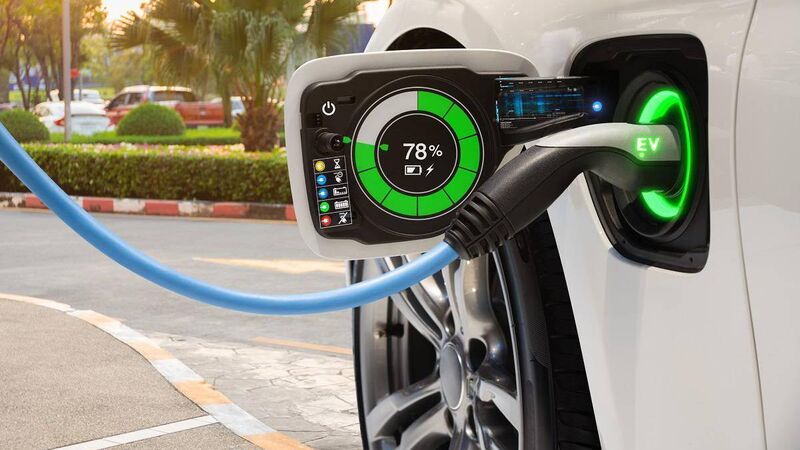Irish Examiner view: Still some bumps in the road with electric vehicles

Try from €1.50 / week
SUBSCRIBEDozens of countries and companies, including Ireland, yesterday signed a declaration to end the production of fossil fuel-powered vehicles by 2040 at the latest, which is to be welcomed.
However, the absence of heavy-hitters such as China, the US, and Germany from the agreement shows the road ahead is long.
Already a subscriber? Sign in
You have reached your article limit.
Annual €130 €80
Best value
Monthly €12€6 / month
Introductory offers for new customers. Annual billed once for first year. Renews at €130. Monthly initial discount (first 3 months) billed monthly, then €12 a month. Ts&Cs apply.
CONNECT WITH US TODAY
Be the first to know the latest news and updates
Newsletter
Sign up to the best reads of the week from irishexaminer.com selected just for you.
Newsletter
Keep up with stories of the day with our lunchtime news wrap and important breaking news alerts.
Newsletter
Sign up to the best reads of the week from irishexaminer.com selected just for you.
Monday, February 9, 2026 - 4:00 PM
Monday, February 9, 2026 - 3:00 PM
Monday, February 9, 2026 - 11:00 AM
© Examiner Echo Group Limited